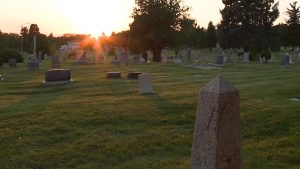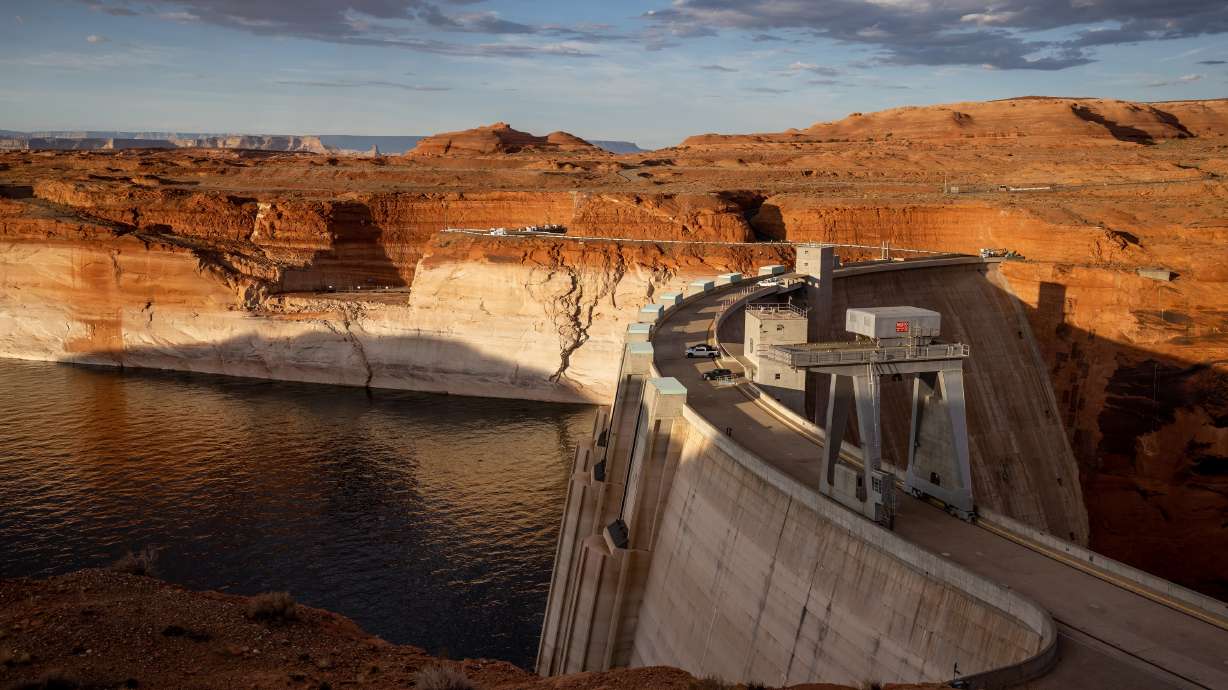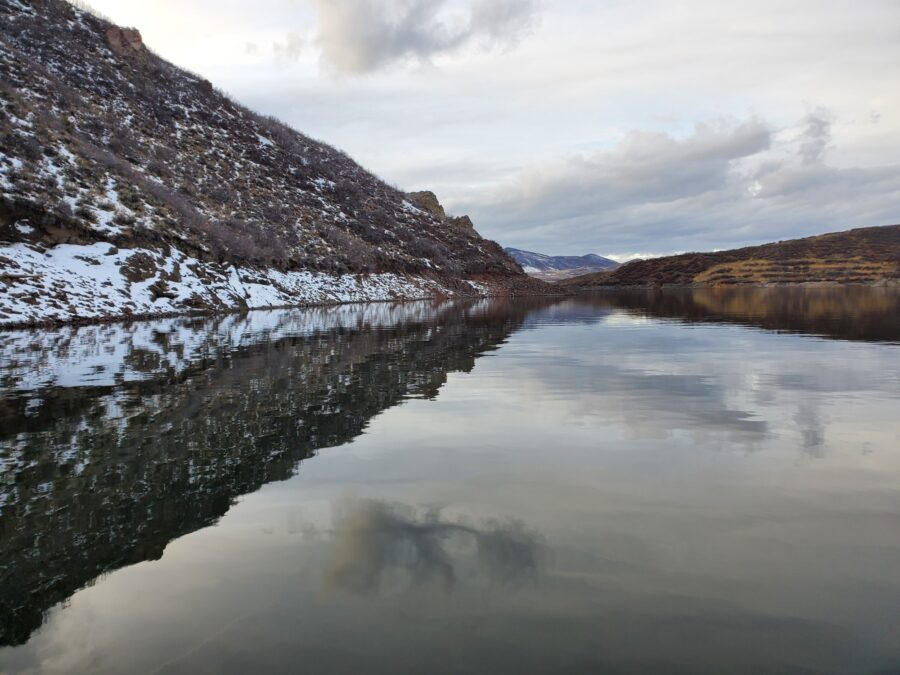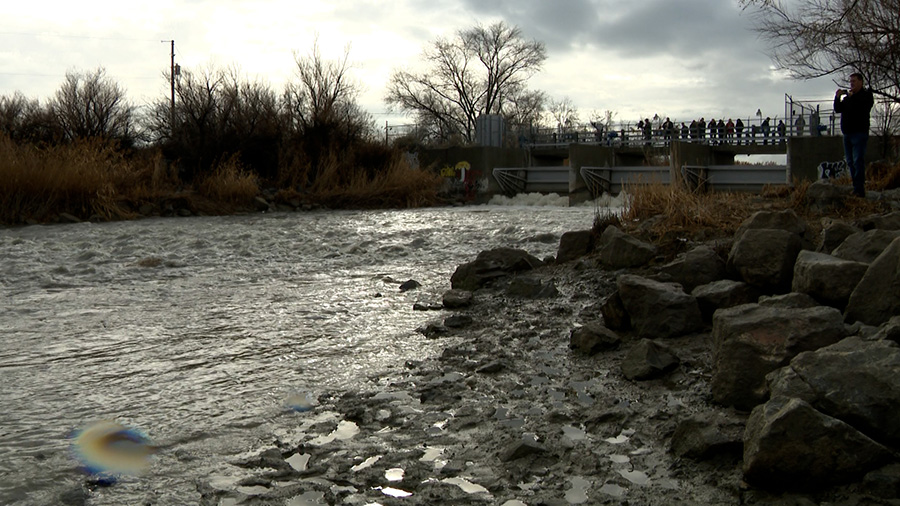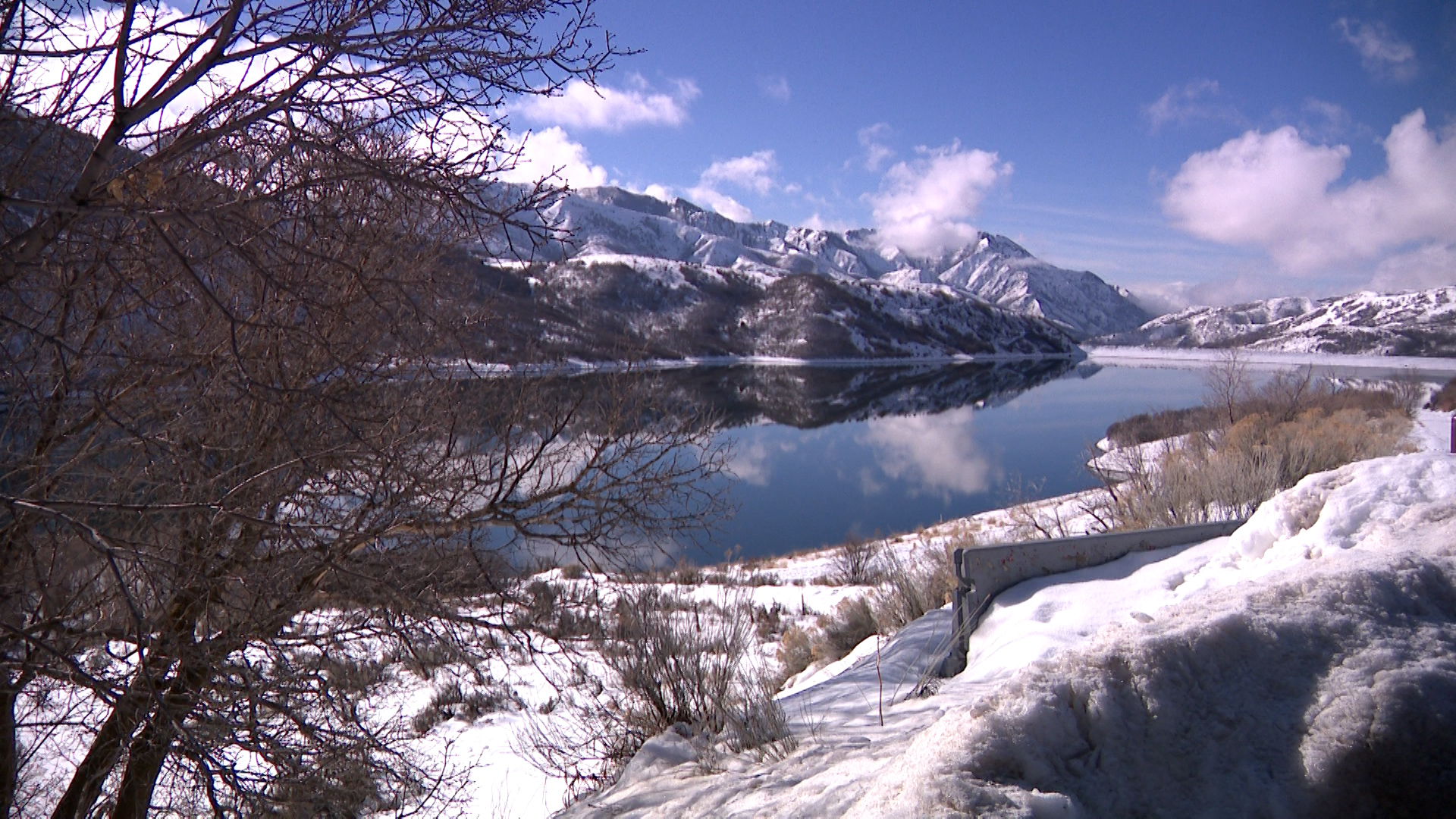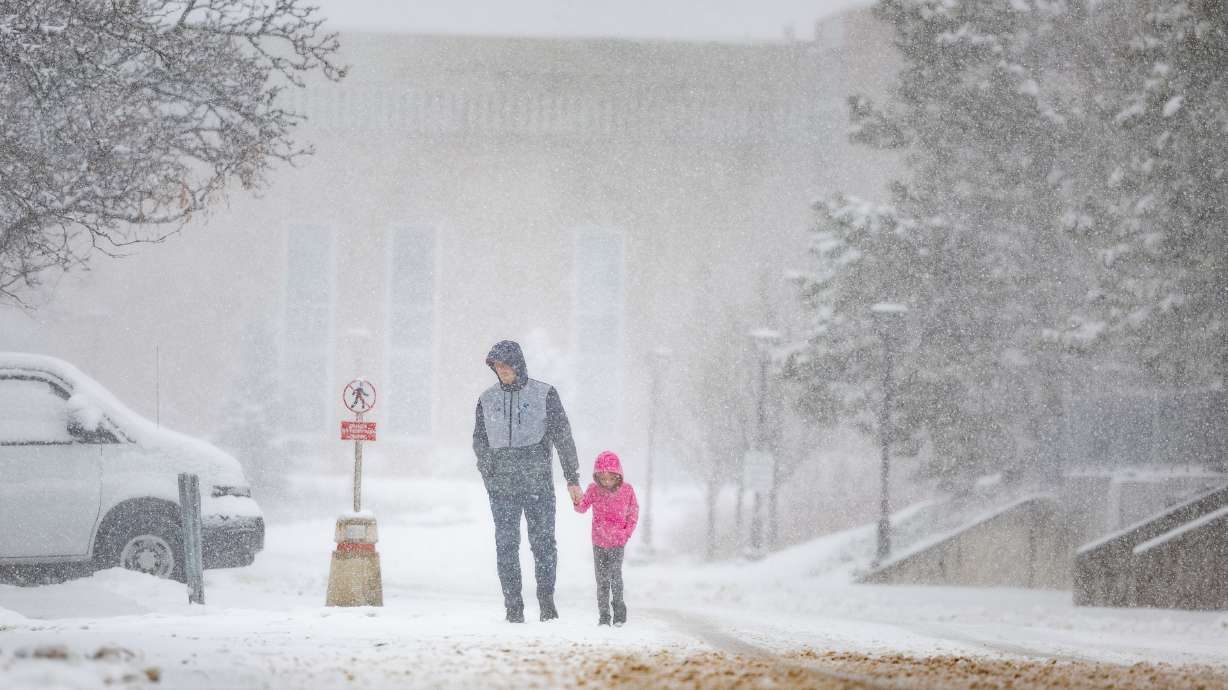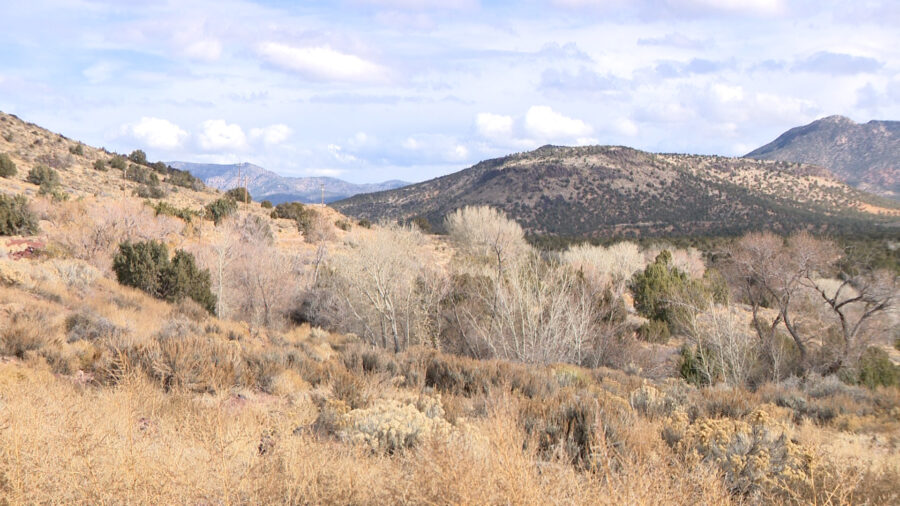Neighbors Question Appearance Of SLC Cemetery During Ongoing Drought
Aug 13, 2021, 11:50 AM
SALT LAKE CITY — In a severe drought, it appears nothing is sacred when it comes to discussing how to save water.
Even the Salt Lake City Cemetery has apparently come under the scrutiny of neighbors for looking a little too green.
“There’s just a lot of water being sprayed out,” said Don MacMillan, who lives nearby and regularly takes bicycle rides past the cemetery. “You wonder if that’s really what we need right now.”
MacMillan said many neighbors have been trying to do their part, whether by “flipping” their strip or by simply cutting down considerably on water use.
Cash Incentives To Remove Turf, Replace With Water-Wise Plants
“Just a few blocks over and then you’re into the trail system and you can instantly see how arid the ground is,” MacMillan observed. “If you go down through the parks downtown, they’re really in bad shape right now.”
A spokesperson for the Salt Lake City Mayor’s office responded to KSL with a statement Thursday evening that defended and outlined conservation efforts at the cemetery.
“Salt Lake City has declared a Stage 2 water shortage contingency response, which includes our department of public services monitoring the water use in city parks — including the cemetery — and staying within the watering budget allocated in order to address the impacts of the drought.
“In the case of the cemetery, the city has adjusted its watering in other parks in order to allocate enough water so that the cemetery maintains its plots and trees, which the city agrees to do in perpetuity when it sells a plot to an individual.”
The spokesperson said the city was proud of residents who have helped to conserve, noting a 15% reduction in water use since July 1. The city said that had saved more than 2,800 acre-feet of water, roughly the equivalent of Mountain Dell Reservoir.
MacMillan questioned whether more could be done among the still green acres of the cemetery.
“Maybe it could be a little browner,” MacMillan said. “I wouldn’t want to speak for the people that are buried here but if they were here, they’d probably figure out, ‘Yeah,’ or they’d collectively say, ‘Yeah, we probably could, you know, reduce the amount of water that’s being sprayed on my grave right now.’”

